Tribune de Genève. The following is a translated summary of an article published by the Geneva newspaper, Tribune de Genève, relating to the Panama Papers. They swear an oath to uphold the law. Yet it appears some Swiss lawyers haven’t. As the Panama Papers reveal, some of them have administered offshore companies for clients placed on sanction lists by the Swiss Federal Council. While others have worked for foreign political leaders, or those close to them, who are suspected of corruption. The Tribune de Genève’s investigation shows that Swiss lawyers and fiduciaries backdated documents to hide money, managed bank accounts opened under false names, served as frontmen, falsified documents, and more. Law court in Geneva – © Hai Huy Ton That | Dreamstime.com On Sunday, the prestigious Zurich firm Dietrich, Baumgartner & Partner found itself in the spotlight. In 2014, it helped cellist Sergey Rodugin, a confident to Vladimir Putin and godfather to his daughter, open a Swiss account using false statements. Since then, the law firm has sent transaction orders totaling hundreds of millions of dollars. Zurich lawyer and crime novel author Ulrich Kohli, seems not to have hesitated to continue managing a company for a business man placed on the sanction list by the United States, the European Union and Switzerland.
Topics:
Investec considers the following as important: Business & Economy, Editor's Choice, Panama Papers Geneva
This could be interesting, too:
Investec writes Swiss to vote on tenancy laws this weekend
Investec writes Switzerland ranked second in digital competitiveness
Investec writes Swiss wages set to rise in 2025
Investec writes Federal Council hopes to boost savings with pension change
Tribune de Genève.
The following is a translated summary of an article published by the Geneva newspaper, Tribune de Genève, relating to the Panama Papers.
They swear an oath to uphold the law. Yet it appears some Swiss lawyers haven’t. As the Panama Papers reveal, some of them have administered offshore companies for clients placed on sanction lists by the Swiss Federal Council. While others have worked for foreign political leaders, or those close to them, who are suspected of corruption. The Tribune de Genève’s investigation shows that Swiss lawyers and fiduciaries backdated documents to hide money, managed bank accounts opened under false names, served as frontmen, falsified documents, and more.
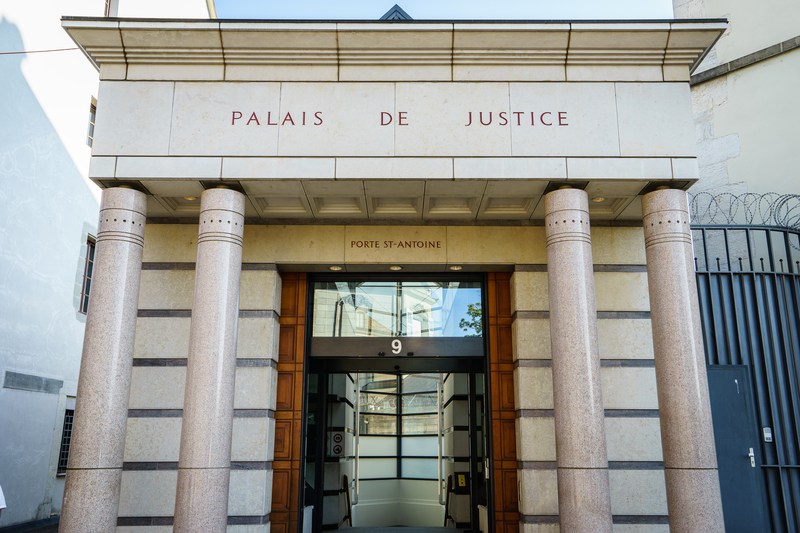
Law court in Geneva – © Hai Huy Ton That | Dreamstime.com
On Sunday, the prestigious Zurich firm Dietrich, Baumgartner & Partner found itself in the spotlight. In 2014, it helped cellist Sergey Rodugin, a confident to Vladimir Putin and godfather to his daughter, open a Swiss account using false statements. Since then, the law firm has sent transaction orders totaling hundreds of millions of dollars.
Zurich lawyer and crime novel author Ulrich Kohli, seems not to have hesitated to continue managing a company for a business man placed on the sanction list by the United States, the European Union and Switzerland. John Bredenkamp, a 76 year old arms and tobacco dealer, was included on this list in 2008 due to his relationship with Zimbabwe’s dictator Robert Mugabe.
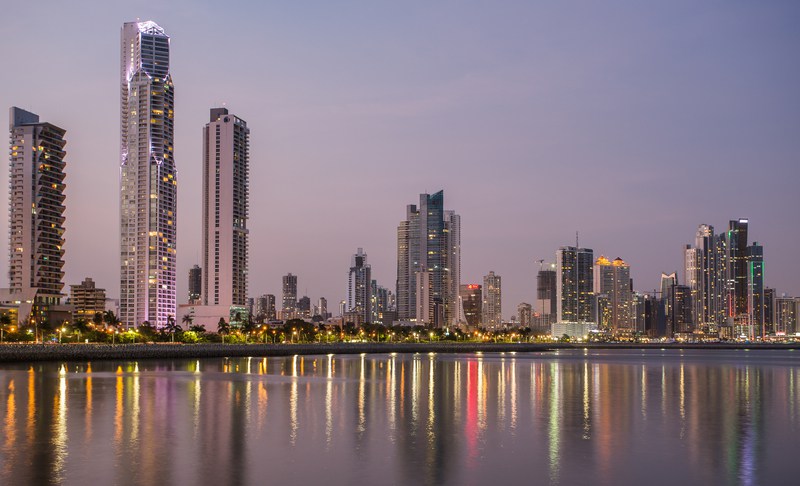
Panama city – © Fuzja44 | Dreamstime.com
The Panama Papers revealed other astonishing practices in Geneva. When lawyers and fiduciaries act as financial intermediaries they are subject to the same money laundering laws as banks. Yet, they seem to have a propensity do what bankers no longer dare do.
Unusual oil contracts
The former head of Geneva’s Bar, Mr. Marc Bonnant, was revealed to be the director of a company in the British Virgin Islands that appears to serve South African businessman Khulubuse Clive Zuma, a lover of luxury cars, women and cigars. It turns out that KCZ, as he likes to be called, is the nephew of current South African president Jacob Zuma. In his country, the media have reproached him for getting rich with his uncle’s help. In May 2010, Caprikat Limited and Foxwhelp Limited, two companies with no experience in oil, of which Marc Bonnant was the only director, managed to get prospecting rights near Lake Albert. Four ministers represented the DRC government. So who was at the negotiating table with them? Khulubuse Clive Zuma and an associate, both of whom had received, a few days earlier, a power of attorney signed by the Geneva lawyer.
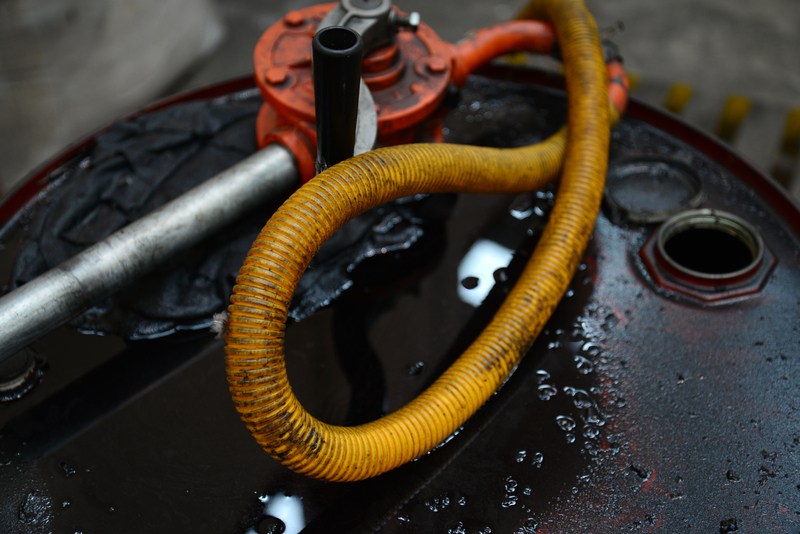
Whose hand is on the pump? © Thiti Tangjitsangiem | Dreamstime.com
The Panama Papers reveal the dizzying cover-up that hid the true owners of Caprikat and Foxwhelp. These companies were held by a fund registered in the Cayman Islands, which itself was controlled by two foundations in Liechtenstein, which in turn were owned by two discretionary trusts in Gibraltar. This all made for a maze that is almost impossible to trace back.
The Financial Investigation Agency of the British Virgin Islands (BVI) opened an investigation on August 25, 2010. The financial investigator wanted to know the name of the true economic beneficiary of the two companies. The director, Bonnant, took nearly ten months to reply.
As for Mossack Fonseca (MF), it feared being involved in an enormous corruption affair. On June 8, 2011, it sent an ultimatum to Marc Bonnant, giving him 90 days to change agents. This was done shortly after, bringing an end to the MF’s internal investigation.
KC Zuma is not Marc Bonnant’s only high-risk client. The Geneva lawyer’s clients also include diamond trader Beny Steinmetz, who is being sued by Guinea, the United States, and Switzerland for corruption, Dan Gertler, a businessman close to Congolese president Joseph Kabila, accused by the press and by NGOs of trafficking gemstones from war-torn regions – the so-called ‘blood diamonds’, Belgian Mozes Victor Konig, who since 1999, has been on Interpol’s most-wanted list, accused of fraud, abuse of confidence and trafficking of all kinds.
Relying on lawyers’ professional secrecy, Marc Bonnant didn’t want to answer Tribune de Genève’s questions about individual clients. He specified that “not once in the past has [his] business as a financial intermediary been subject to the slightest criticism or sanction” during the audits he receives every year. “And have no doubt,” he adds, “that [these] companies’ assets, supposing indeed that their economic beneficiaries are my clients, are known to the competent tax authorities.”
According to the Panama Papers, Marc Bonnant was the director of at least 136 companies, most of which served only to hold bank accounts hiding the name of the economic beneficiary.
Another shrewd trick, which is perfectly legal, was how the lawyer almost routinely had the shares of these companies held by Bigland Enterprises, a letterbox registered at the address of Mossack Fonseca’s headquarters in Panama City. This allowed him not to have to disclose the name of the actual shareholders following the prohibition of bearer shares in the BVI in late 2009.
Suspicious documents
To hide the name of one of his clients, lawyer André Zolty, also registered with the Geneva Bar, used an even more drastic method: he was apparently the source of false documents.
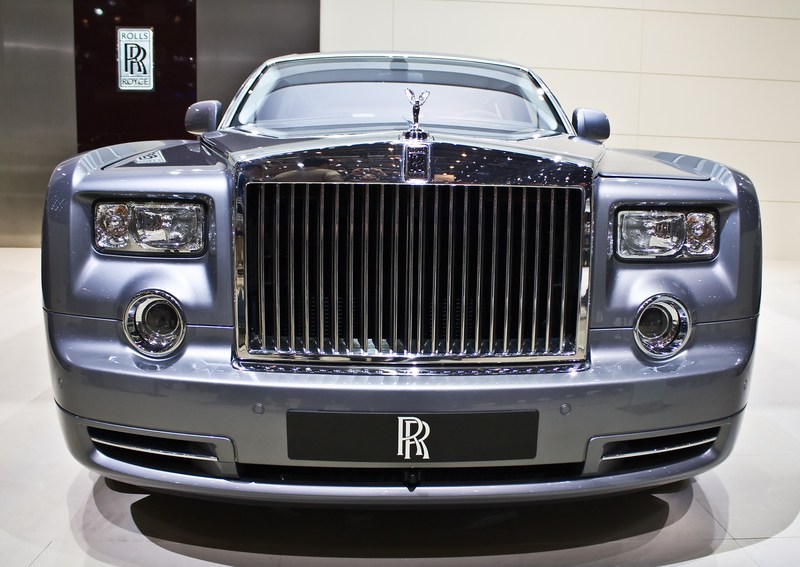
Is the Rolls Royce a phantom? © Swisshippo | Dreamstime.com
His clients, Mauricio Cohen Assor and his son, Leon Cohen-Levy, were arrested in April 2010, and sentenced in February 2011, to 10 years in prison in the United States for having hidden 150 million dollars of their estate from the tax authorities. The American tax authorities seized three properties in Miami Beach belonging to the father, the son and the daughter, totaling 100 million dollars, a dozen luxury cars including a Rolls-Royce Phantom, a Porsche Carrera GT and a Ferrari Testarossa, as well as a helicopter worth 1.2 million dollars. More than 20 million dollars were found in several Geneva banks. The affair was widely covered by the American press. According to the American district attorney assigned to the case, Geneva lawyer André Zolty played a central role in fooling the tax authorities by creating and managing a series of dummy corporations that were constantly being reorganized. These were found in the Panama Papers. In addition, district prosecutor Wilfredo Ferrer said, the lawyer was the “main source of false documents, especially tax forms.” When contacted, André Zolty didn’t want to answer Tribune de Genève’s questions, but “formally denies having done anything illegal or issuing false documents.”
Unreliable office equipment
Charles-André Junod, a law professor at the University of Geneva from 1970 to 1997 and former dean of the faculty, enjoyed an active retirement. His firm created 287 offshore companies through MF, 83 of which were still active last year. One of them shows how lawyers are always one step ahead of the authorities. And when, the rules become harder to get around, they rely on luck. For example, with the help of a photocopier that seems to be out of order.
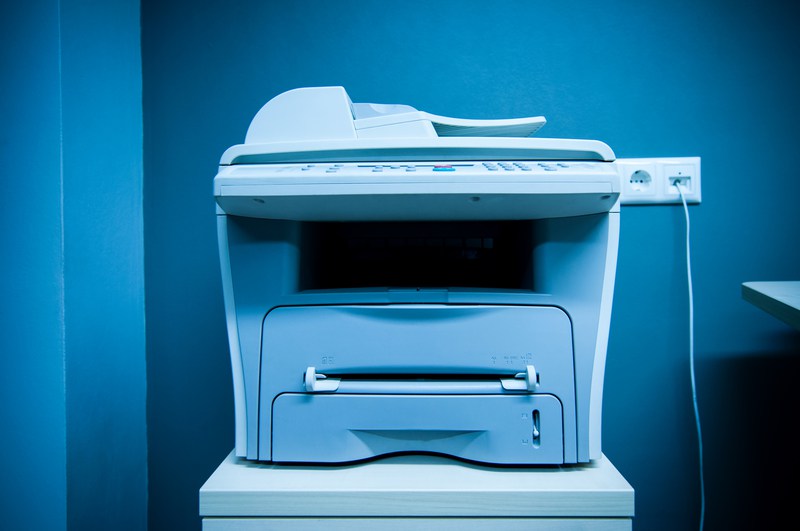
Photocopier on the blink? © Ifeelstock | Dreamstime.com
In 1994, Charles-André Junod created the company Cofic Investments. According to the Panama Papers, this company holds “bank accounts with UBS and Hyposwiss” in Geneva. The money in these accounts is apparently for “advice to other companies exporting heavy industrial goods from Europe to China.”
Then on March 3, 2014, the Financial Investigation Agency (FIA) of the British Virgin Islands filed a request to find out the name of the ultimate owner of Cofic. The problem was that it turned out to be Li Xiaolin, the daughter of former Chinese premier, Li Peng. To make matters more complicated, the client still held senior positions in energy companies controlled by the Chinese government, earning her the nickname the ‘Energy Queen’. She was clearly a politically exposed person. Her fortune is estimated at 550 million dollars.
After some toing and froing, which dragged things out for a year, the FIA and Mossack Fonseca put their foot down. The former professor was cornered. On March 18, 2015, he sent the name of the ultimate beneficial owners of Cofic: “Mr. Zhiyuan LIU” and his wife, which he introduced by the name of “Xiaolin LIU-LI.” Their passports were sent by email. By a stroke of luck, or by cunning, the scanner seemed to be suffering from a well-timed breakdown, making the client’s official name illegible, which is indeed Li Xiaolin, with the surname “Li” … just like her father, Li Peng.
Charles-André Junod offered no explanation due to professional secrecy rules, but stated that he has “always followed applicable legal and regulatory provisions in [his] business.”
An oligarch and a cantonal bank
Former Georgian Minister of Defense David Kezerachvili also benefited from help in Geneva. In 2006, he took his position owning only an apartment. In December 2008, following military action between Russia and Georgia, he was forced to resign…and quickly transformed into an oligarch. This is when a discreet Geneva fiduciary got involved, who ten days after Kezerachvili’s resignation, opened three offshore companies for him. They allowed him to transfer large sums of money from oil trading. The Panama Papers show that in March 2012, an account was opened at the Cantonal Bank of Geneva (BCGE) in the name of one of these companies, where 20 million francs was transferred. Following a similar scheme, 25 million more was placed with ABN AMRO and BNP Paribas, also in Geneva. The tension suddenly mounted in early 2013, when a corruption investigation was brought against David Kezerachvili in Georgia. An Interpol arrest warrant was issued at the same time.
Shortly after, between May and June 2013, an employee of the Geneva fiduciary suddenly insisted Mossack Fonseca fabricate backdated documents. Like magic, the ex-minister had allegedly transmitted all of his shares to two other offshore companies well before any suits were brought against him. When contacted, the fiduciary explained that he had met with the demands of the Georgian authorities with regard to his former client David Kezerachvili. He added that he had never acted as a financial intermediary in this case because neither he nor his company had ever had access to this client’s bank accounts.
Allegations of money-laundering
The Panama Papers also reveal vestiges of one of the biggest corruption scandals in Western Europe. And again, a Swiss intermediary played an important role.
This was the Gürtel affair, affecting more than 100 businessmen and politicians in the Parti Populaire (PP), created by Spanish president Mariano Rajoy. Hundreds of millions of euros of public funds disappeared, according to Spanish media. Politicians allegedly received kickbacks in exchange for assigning profitable public contracts.
A Swiss fiduciary was called for questioning in 2009, and released two days later. Still today, he is suspected of having laundered millions for the Gürtel network. He is still being sued, confirmed a spokesperson for the Spanish courts. He allegedly used an account at a Swiss bank to help rich Spaniards hide huge sums from the tax authority. The existence of this account is confirmed in a request for legal assistance and in a document from the Public Ministry of the Confederation dated June 1, 2011, that Tribune de Genève was able to consult.
In this affair, the fiduciary also used the anonymity of offshore companies. His office registered more than 80 companies through Mossack Fonseca in Panama and in the BVI. At least three of these companies played a role in the Gürtel affair. In 2008, the fiduciary passed the administration of his companies on to another organisation. He wasn’t satisfied with Mossack Fonseca’s services.
More than fifty other Swiss legal firms are clients of Mossack Fonseca, and the great majority of the data in the Panama Papers remains unexplored.
Full Tribune de Genève article (in French) – Take a 5 minute French test now
Swiss lawyer help with shady companies (Tages Anzeiger – in German)
Shells and shelves (Economist – in English)
